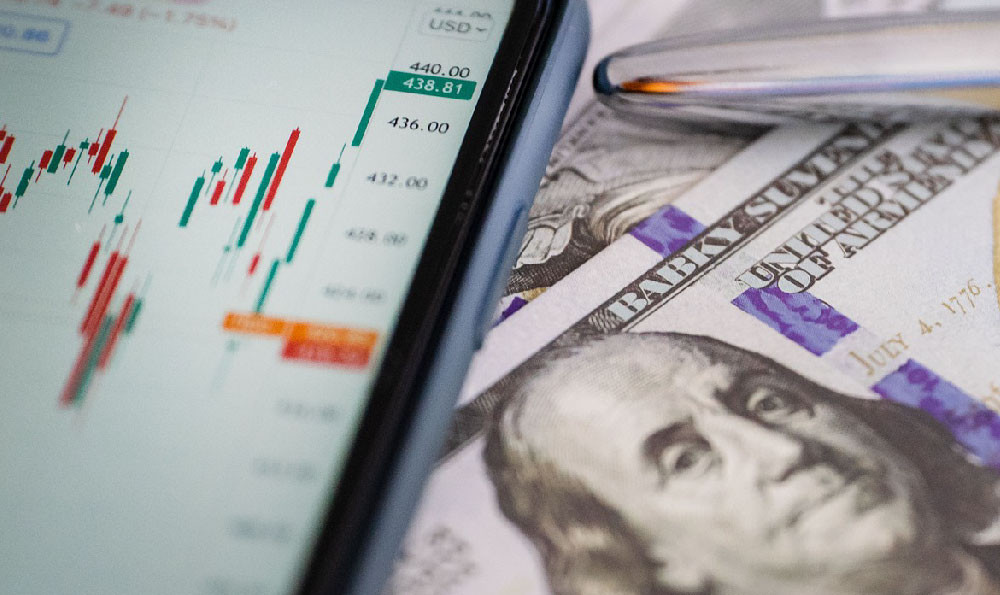
NFTs, or Non-Fungible Tokens, have exploded into the mainstream consciousness, transforming from a niche corner of the crypto world into a cultural phenomenon impacting art, music, gaming, and beyond. Understanding what they are and how to approach investing in them is crucial before diving into this exciting but volatile market.
At its core, an NFT is a unique, digital asset that represents ownership of a specific item or piece of content. The “non-fungible” aspect is key: unlike fungible assets like Bitcoin or dollars, where one unit is interchangeable with another, each NFT is distinct and cannot be replicated. This inherent scarcity and provable ownership, established through blockchain technology, gives NFTs their value. Think of it like a digital version of a limited-edition print, a rare trading card, or a deed to a piece of virtual land. The blockchain acts as a public ledger, permanently recording the transaction and verifying the authenticity of the NFT.
So, what exactly can be represented as an NFT? The possibilities are practically limitless. The most common applications currently include digital art, collectibles (think digital baseball cards or virtual pets), in-game assets (skins, weapons, land parcels), music and video content (exclusive tracks, concert footage), virtual real estate in metaverses, and even tokenized versions of real-world assets like real estate or intellectual property rights. The power of NFTs lies in their ability to create verifiable digital scarcity and allow creators to connect directly with their audience, cutting out intermediaries and fostering new revenue streams.

Now, let's delve into the crucial question: how do you invest in NFTs? Before even considering specific investments, it's imperative to understand the risks involved. The NFT market is notoriously volatile, driven by hype and speculation. Prices can skyrocket rapidly, only to plummet just as quickly. Liquidity can also be a major concern. Selling an NFT might not always be easy, especially if it's not a highly sought-after item. Rug pulls, where creators abandon a project after raising funds, are another significant risk. Finally, the security of your digital assets is paramount. NFTs are stored in digital wallets, which are vulnerable to hacking and theft if not properly secured.
Given these risks, a cautious and informed approach is essential. Start by thoroughly researching the NFT space. Understand the underlying technology, the different marketplaces (OpenSea, Rarible, SuperRare are popular examples), and the various projects that are gaining traction. Follow reputable news sources and analysts who specialize in the NFT market to stay informed about trends and emerging opportunities.
Next, define your investment goals and risk tolerance. Are you looking for short-term gains through flipping NFTs, or are you more interested in long-term investments in projects with strong fundamentals and a solid community? Are you comfortable with high risk, or do you prefer a more conservative approach? Your answers to these questions will guide your investment decisions.
When evaluating specific NFTs, consider the following factors:
- The Artist or Creator: Is the artist or creator reputable and established in their field? Do they have a proven track record of creating high-quality work? Look at their previous projects and assess their artistic merit.
- The Project's Utility: Does the NFT offer any real-world utility beyond just being a digital collectible? Does it grant access to exclusive communities, events, or content? Does it have a role in a metaverse or a game? NFTs with utility tend to have more sustainable value.
- The Community: Is there a strong and active community surrounding the project? A vibrant community can help to drive demand and increase the value of the NFT. Look for signs of genuine engagement and support, not just hype and speculation.
- Rarity: Is the NFT rare or unique? Scarce NFTs tend to be more valuable than common ones. Check the project's website or marketplace to understand the rarity distribution.
- Market Sentiment: What is the overall sentiment towards the project and the NFT in the market? Are people excited about it, or is there skepticism? Monitor social media, forums, and news articles to gauge market sentiment.
Once you've identified an NFT that you're interested in, it's time to acquire it. Most NFTs are bought and sold on online marketplaces using cryptocurrency, typically Ethereum (ETH). Therefore, you'll need to set up a digital wallet that supports NFTs (MetaMask, Trust Wallet, and Coinbase Wallet are popular choices), purchase some ETH, and connect your wallet to the marketplace.
When making a purchase, always double-check the contract address of the NFT to ensure that you're buying the genuine article. Counterfeit NFTs are common, so vigilance is essential. Be aware of gas fees, which are the transaction fees required to process transactions on the Ethereum blockchain. These fees can fluctuate significantly, so factor them into your budget.
After acquiring an NFT, store it securely in your digital wallet. Consider using a hardware wallet, which is a physical device that stores your private keys offline, for added security. Regularly back up your wallet and keep your software up to date to protect against hacking and malware.
Investing in NFTs can be a rewarding experience, but it's crucial to approach it with caution, do your research, and understand the risks involved. Treat NFTs as a small percentage of your overall investment portfolio and never invest more than you can afford to lose. Remember, the NFT market is still relatively new and evolving, so stay informed, be patient, and make informed decisions based on your own financial goals and risk tolerance. Over time, a well-researched and diversified NFT portfolio could potentially contribute to long-term wealth creation. It is also important to remember that you may need to pay capital gains taxes on any profits you make from selling NFTs. Consult with a tax professional to understand your tax obligations.





